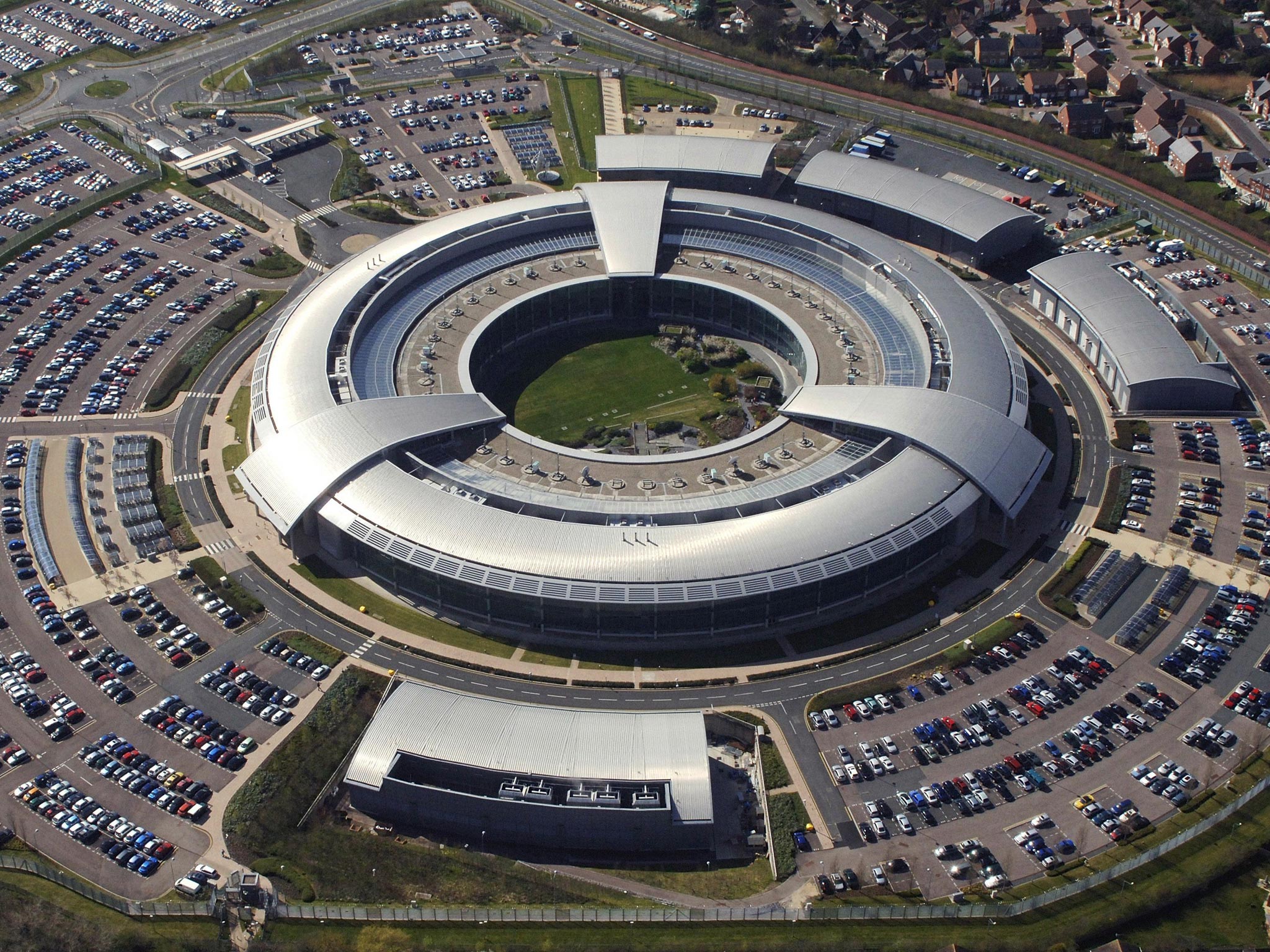GCHQ launches Cryptoy app to teach kids to evade and become spooks
App teaches how to encrypt messages — and also how fun it can be to break through security

Your support helps us to tell the story
From reproductive rights to climate change to Big Tech, The Independent is on the ground when the story is developing. Whether it's investigating the financials of Elon Musk's pro-Trump PAC or producing our latest documentary, 'The A Word', which shines a light on the American women fighting for reproductive rights, we know how important it is to parse out the facts from the messaging.
At such a critical moment in US history, we need reporters on the ground. Your donation allows us to keep sending journalists to speak to both sides of the story.
The Independent is trusted by Americans across the entire political spectrum. And unlike many other quality news outlets, we choose not to lock Americans out of our reporting and analysis with paywalls. We believe quality journalism should be available to everyone, paid for by those who can afford it.
Your support makes all the difference.GCHQ has launched an app to teach how to cryptography and message security to avoid snooping from organisations like themselves.
Cryptoy, which was created by students on an industrial year placement at GCHQ, was made to demonstrate encryption techniques at the Cheltenham Science Festival. It has been used at several events since, said GCHQ, and proved so popular that it decided to make it publicly available.
The app is part of GCHQ’s commitment to increase the uptake of science, technology, engineering and maths subjects at schools.
As well as teaching how to encode messages, the app shows “how fun it can be to try to break the cryptographic design that someone else thought was secure”, GCHQ said.
Cryptoy is initially available Android tablets, for free. GCHQ hopes to launch it for iOS in 2015, it said.
“Building maths and cyber skills in the younger generation is essential for maintaining the cyber security of the UK and growing a vibrant digital economy,” said Robert Hannigan, GCHQ’s director. “That is why I am keen for GCHQ to give something back through its work with school and universities.”
Join our commenting forum
Join thought-provoking conversations, follow other Independent readers and see their replies
Comments